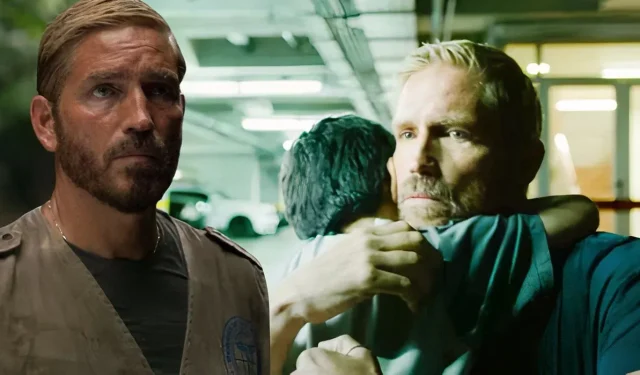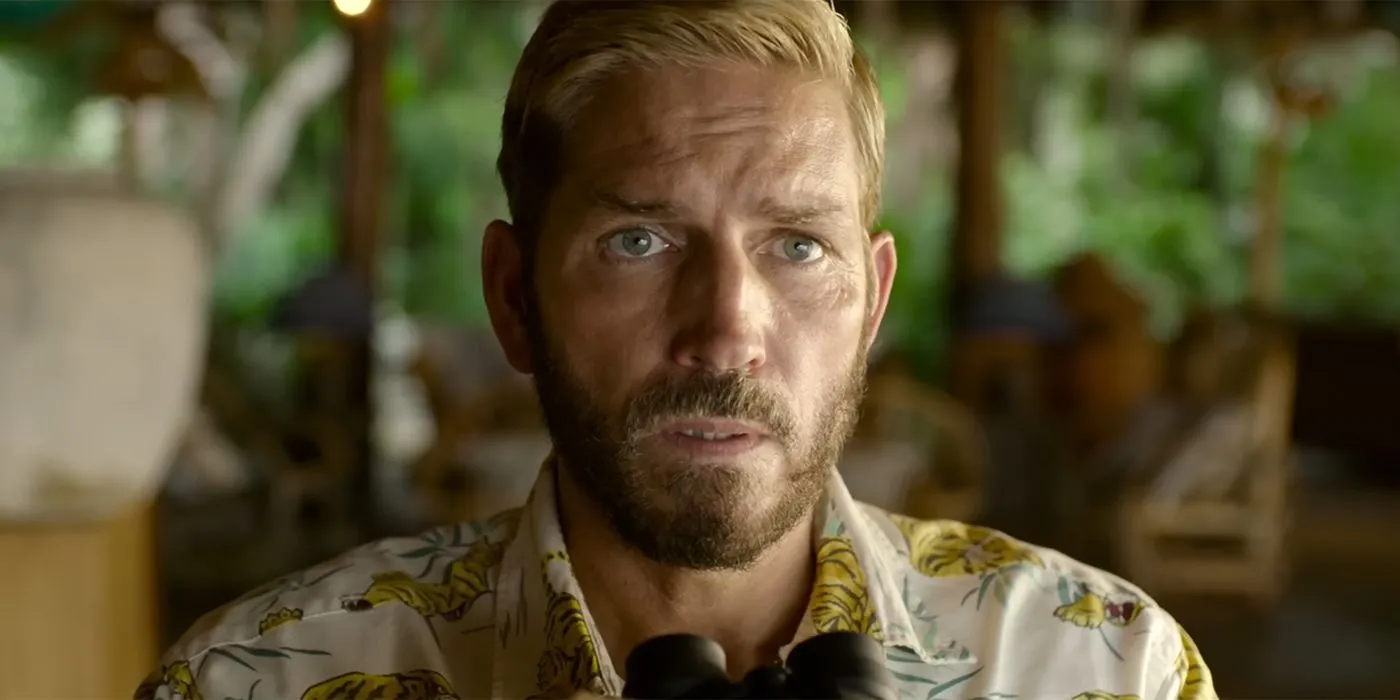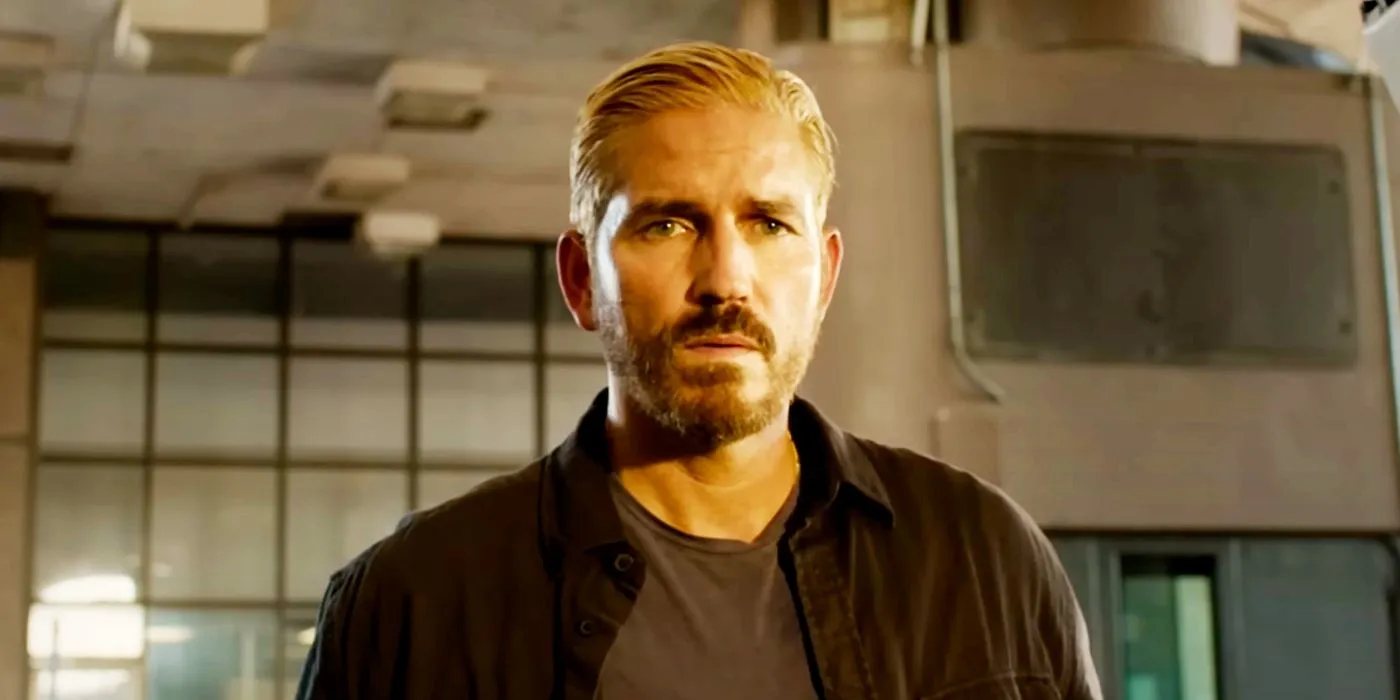
Sound of Freedom emerged as one of the most contentious films of 2023, largely due to its marketing strategy and ties to conspiracy theories that obscured its underlying narrative. This Christian thriller features Jim Caviezel in the role of Tim Ballard, a former U.S. government agent on a quest to free children from sex traffickers operating in Colombia. Central to the storyline is Ballard’s founding of Operation Underground Railroad (OUR), a nonprofit organization dedicated to combating child sex trafficking, established in 2013.
The film proved to be a box office sensation, grossing an impressive $250 million from a modest budget of $14.5 million, earning its place among the most successful independent films in history. However, its marketing campaign drew significant scrutiny. Angel Studios, the film’s distributor, encouraged patrons to participate in a “pay-it-forward” initiative, purchasing tickets for those unable to attend, which led to reports of many sold-out screenings with few attendees (source: Deadline). Nonetheless, the most substantial critique focused on the film’s factual accuracy and the implications of various conspiracy theories it seemed to endorse.
Inspiration Behind Sound of Freedom
Tim Ballard’s Mission to Rescue Children


The screenplay for Sound of Freedom was crafted by Rod Barr and Alejandro Monteverde, drawing from the real-life experiences of Tim Ballard. Before launching Operation Underground Railroad to rescue trafficked children, Ballard served in the CIA and the newly established Department of Homeland Security. He dedicated years to apprehending individuals who possessed materials related to child exploitation, yet he felt powerless to rescue the minors involved (source: The National Archives).
“I spent over 12 years working as a special agent/undercover operator for Homeland Security Investigations in the Child Crimes/Child Trafficking unit. For a decade of that service, I was stationed at the border office in Calexico, California. Based on my extensive experience fighting transnational crime along the southern border, I know that we should absolutely finish building the wall for the sake of the children.”
In 2012, Ballard’s pivotal journey involved government missions in Haiti and Colombia. However, he was ordered to return home, abandoning the children he believed were in peril. Determined not to leave them behind, he resigned and proceeded to establish his rescue organization, which serves as the film’s focal point.
Overview of Tim Ballard & OUR
Tim Ballard’s Journey with OUR

Upon expressing his intent to aid in rescuing children from trafficking operations, Tim Ballard obtained crucial support from a prominent figure. Conservative talk show host Glenn Beck provided financial backing to help launch OUR. Beck and Ballard frequently collaborated, discussing strategies and efforts to combat child trafficking (source: KUTV).
Despite its noble intent, OUR has faced significant scrutiny since its inception. A warning from the Justice Department advised against task-force partnerships with OUR, cautioning not to share resources or support (source: The New York Times).
Discrepancies in Sound of Freedom
Exaggerations in the Narrative

Sound of Freedom primarily chronicles Tim Ballard’s leadership of Operation Underground Railroad, yet there are notable inaccuracies regarding the portrayal of events. In defense of the film’s integrity, Ballard asserted, “Every bad guy is real. In fact, the movie was cut because it got too long. They had cards at the end, telling you every bad guy’s real, every kid is real, and it told you where they are today” (source: YouTube).
While Ballard claimed the film depicted the rescue of 54 children, he later stated the actual figure exceeded 120. The real rescue operation involved 25 Colombian special operatives raiding a location, resulting in the liberation of 54 individuals, of which only 29 were minors (source: CBS News).
Moreover, elements of the movie, including the character modeled after a former beauty queen involved in child trafficking, were based on real incidents, though these narratives have also faced legal challenges. The film’s portrayal of action scenes, particularly those featuring Ballard, leaned toward fiction for dramatic effect. He acknowledged, “What you have to do is ahead of time set it up so you don’t find yourself in those situations. In full transparency, that scene was fictionalized,” regarding a moment in which his character confronts an antagonist.
Current Status of Tim Ballard
Legal Troubles for Tim Ballard

In recent years, Tim Ballard has found himself embroiled in multiple legal battles. Accusations of sexual harassment and abuse have emerged from several women, culminating in a federal lawsuit filed in October 2024, for alleged human trafficking—an accusation he dedicated his career to combating. Ballard has countersued the plaintiffs for defamation (source: The Salt Lake Tribune).
The plaintiffs allege, “Instead of rescuing women and children from trafficking, these defendants used their positions of trust to exploit and abuse and traffic women.” Ballard contends that these lawsuits are part of a broader conspiracy narrative that aims to undermine those fighting against dark forces of child exploitation. In a significant turn of events, Glenn Beck has distanced himself from Ballard, claiming he “knows the truth,” and the Nazarene Fund conducted an independent review that validated allegations of misconduct (source: Deseret News).
Understanding the Controversy Surrounding Sound of Freedom
Connections to Conspiracy Theories

Despite its commercial success and a segment of the audience applauding its narrative of hope and heroism, Sound of Freedom‘s relationship with extreme conspiracy theories has ignited significant critique. Both Tim Ballard and lead actor Jim Caviezel have, over time, promoted various conspiracy theories in interviews, which have led critics to assert that such ideologies are subtly woven into the film’s narrative (source: The Washington Post).
The film’s marketing strategy positioned it in opposition to major blockbusters, such as Indiana Jones and the Dial of Destiny, framing its success as part of an invented “culture war”designed to boost ticket sales. Regardless of its substantial box office results, the film has resonated profoundly within Christian audiences and become one of 2024’s most-watched titles following its Video on Demand (VOD) release, alongside cultural phenomena like Barbie and Oppenheimer.




Leave a Reply